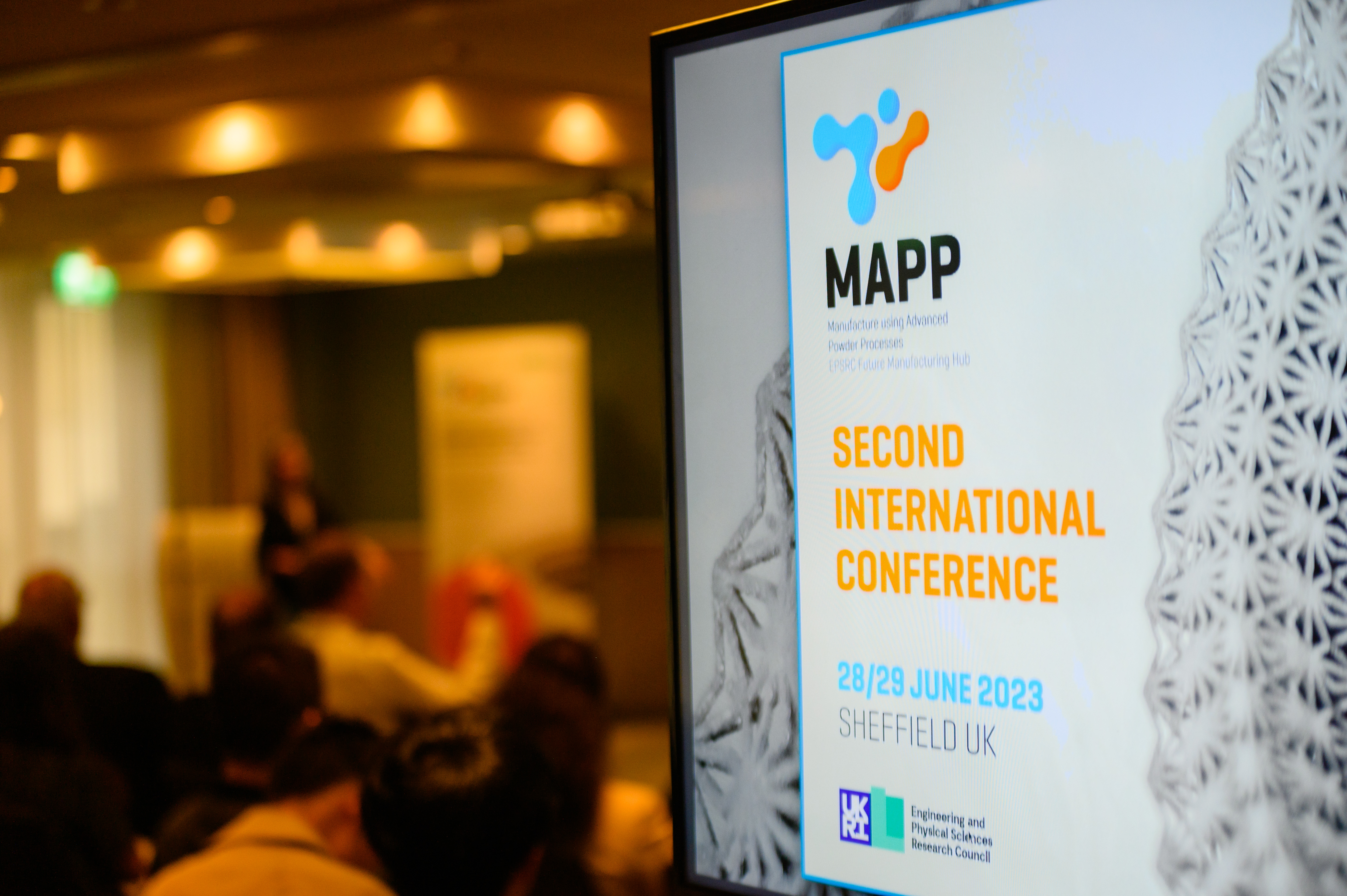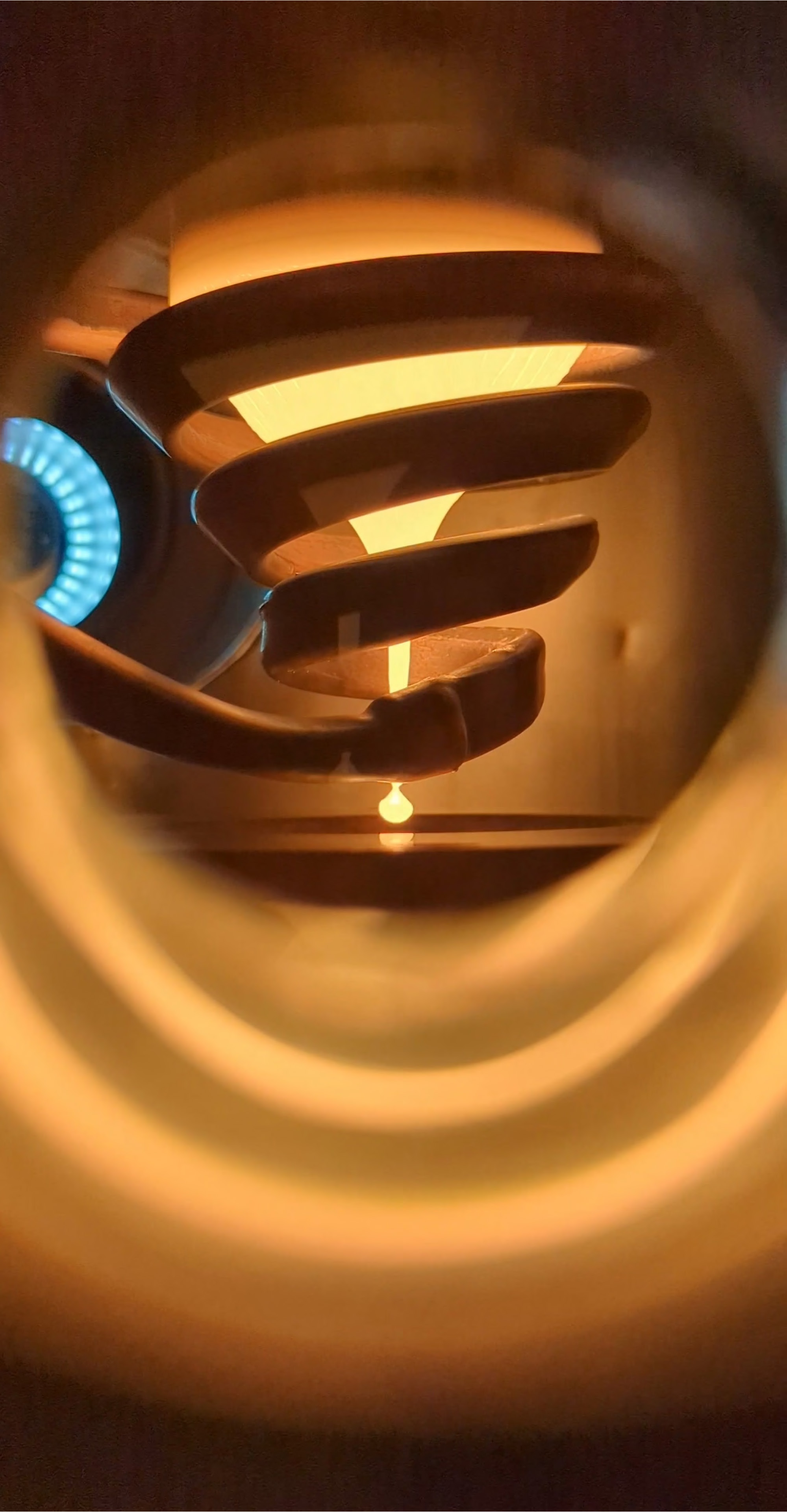All News /
News:
Exciting advances in metal additive manufacturing
26 / 09 / 17
MAPP Scientific Advisory Board Chair Professor Tresa Pollock’s work features in a paper in Nature highlighting a ground-breaking approach that could bring Additive Manufacturing (AM) closer to the 3D printing of any metal.
One of the challenges in additive manufacturing of some metals is the cracking of components caused by the high thermal gradients in the process and particular mechanisms of solidification in certain alloys. Many alloys solidify in the AM process to produce columnar grains and hot tearing can occur between these grains as the material solidifies resulting in cracks.
The approach extends a method widely used in casting and involves modifying the surface of powders used in AM using inoculants - substances which are used in casting to control crystallisation and microstructure. The paper’s authors demonstrated their approach using an aluminium alloy not typically suited to AM. Components manufactured with powders decorated with inoculants show equiaxed (evenly sized) grains and excellent mechanical properties, whereas components made with standard powders show columnar grains, cracks from hot tearing and poor mechanical properties.
MAPP Director Iain Todd has written a News and Views piece in Nature introducing the article - ‘No more tears for metal 3D printing’. Read it here.
More:
News
-

-
Exploring STEM - 4th May 2023
The MAPP Stand was a hit at the Exploring STEM for Girls event at the Octagon on the 4 May 2023.<...

